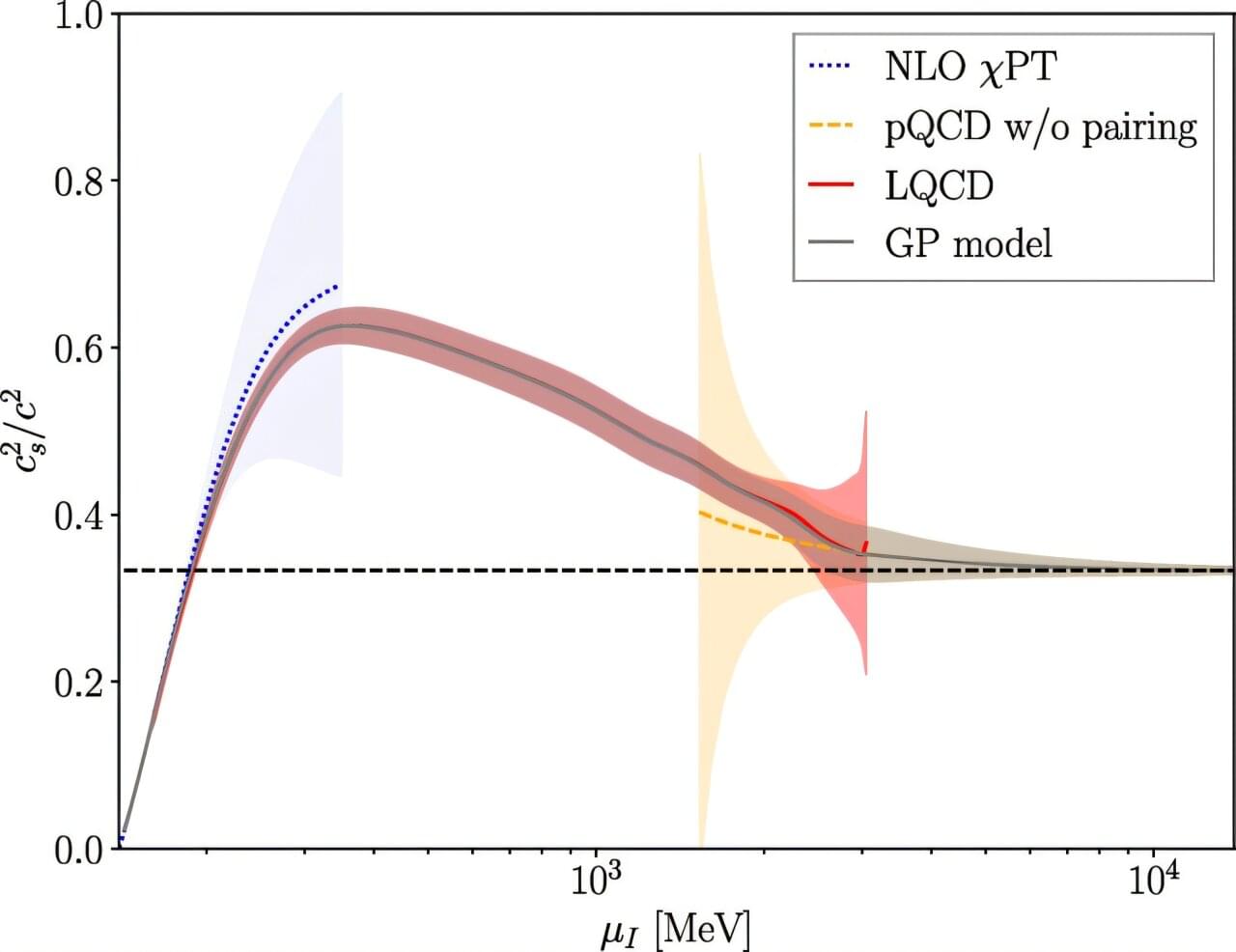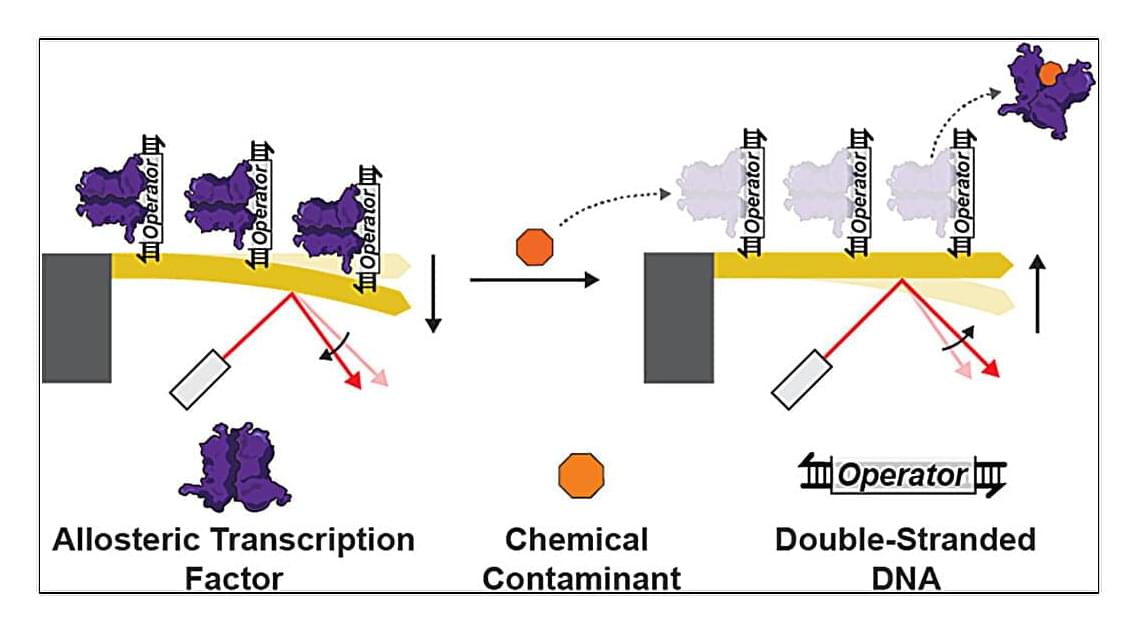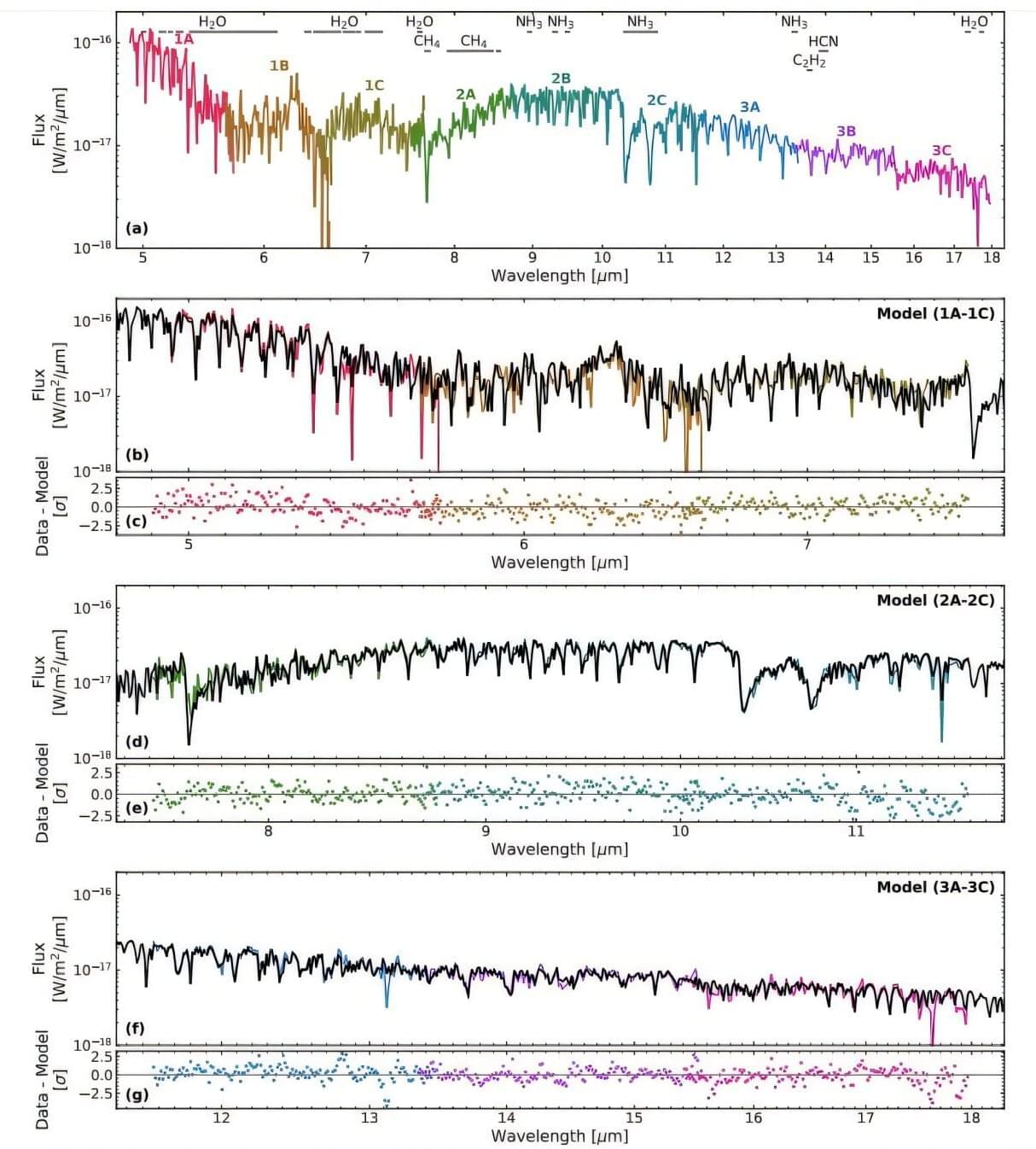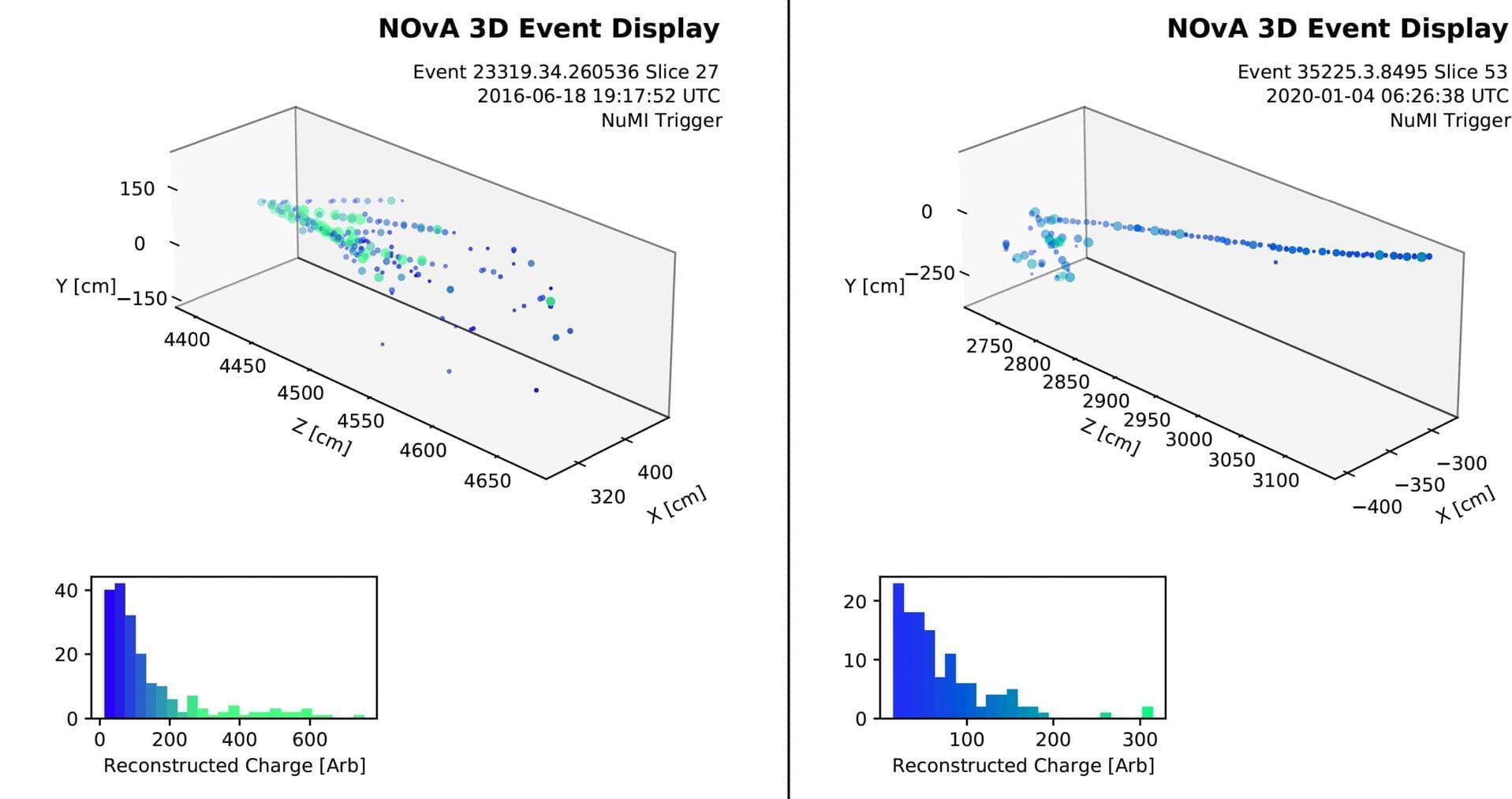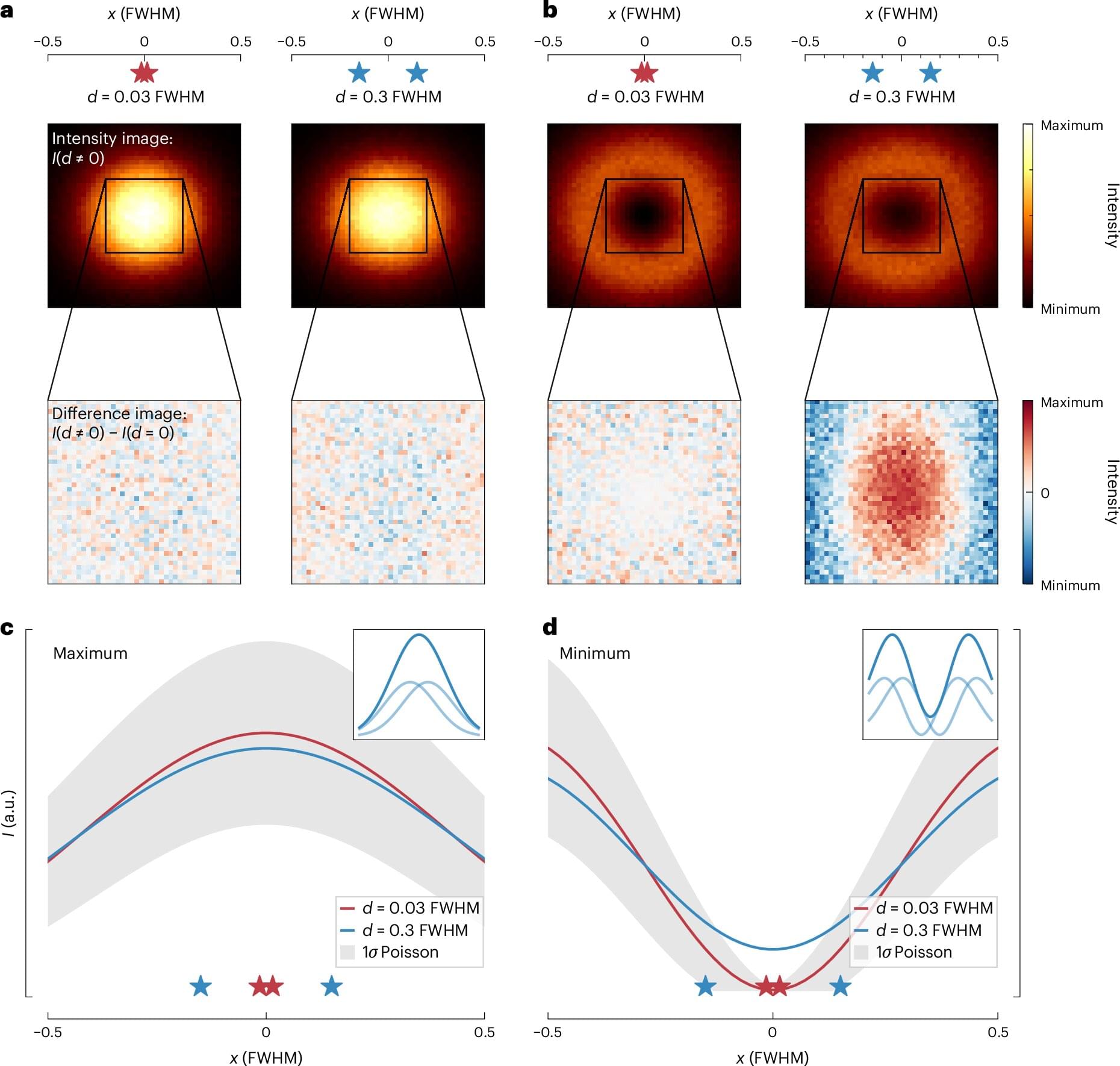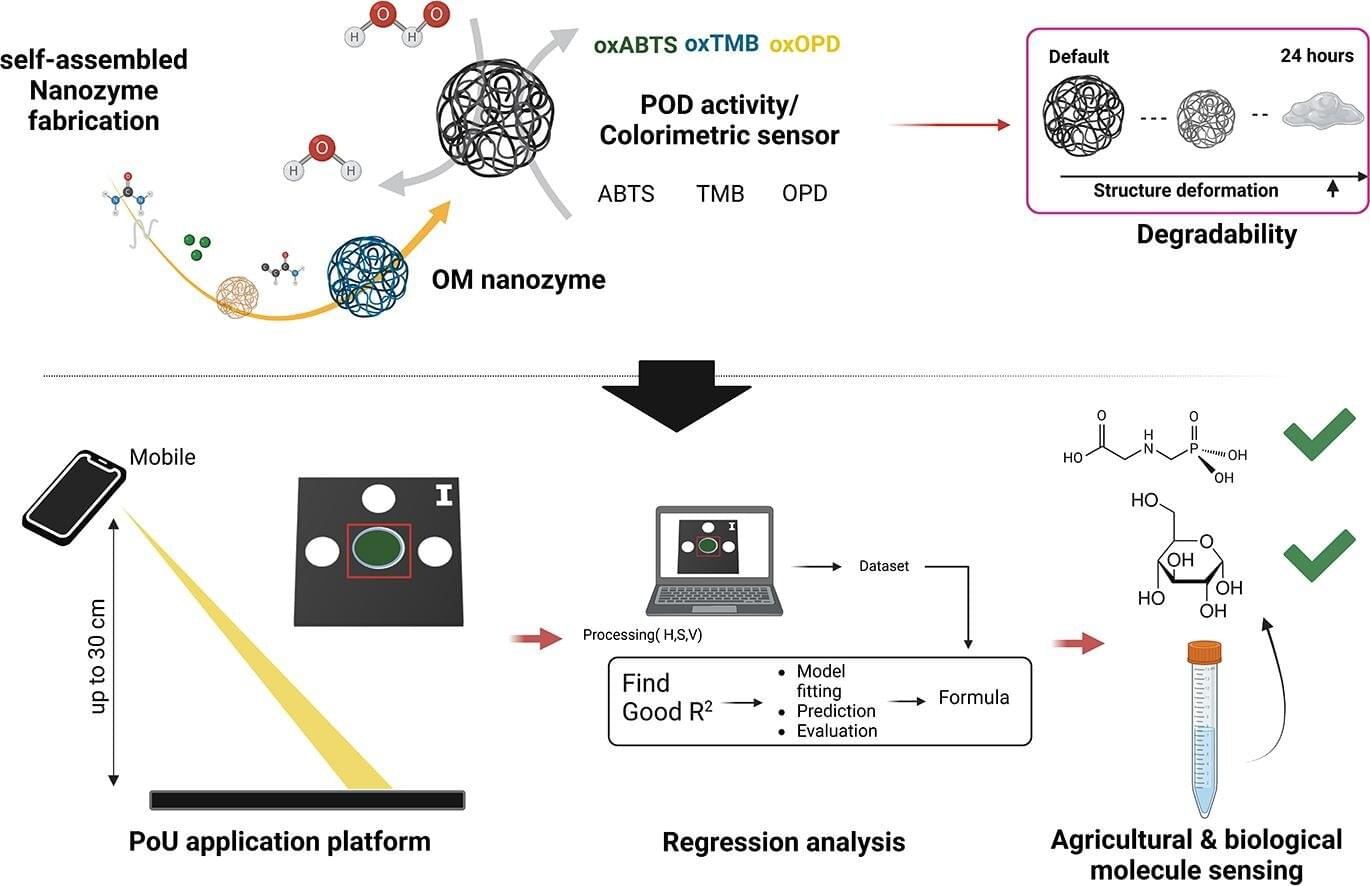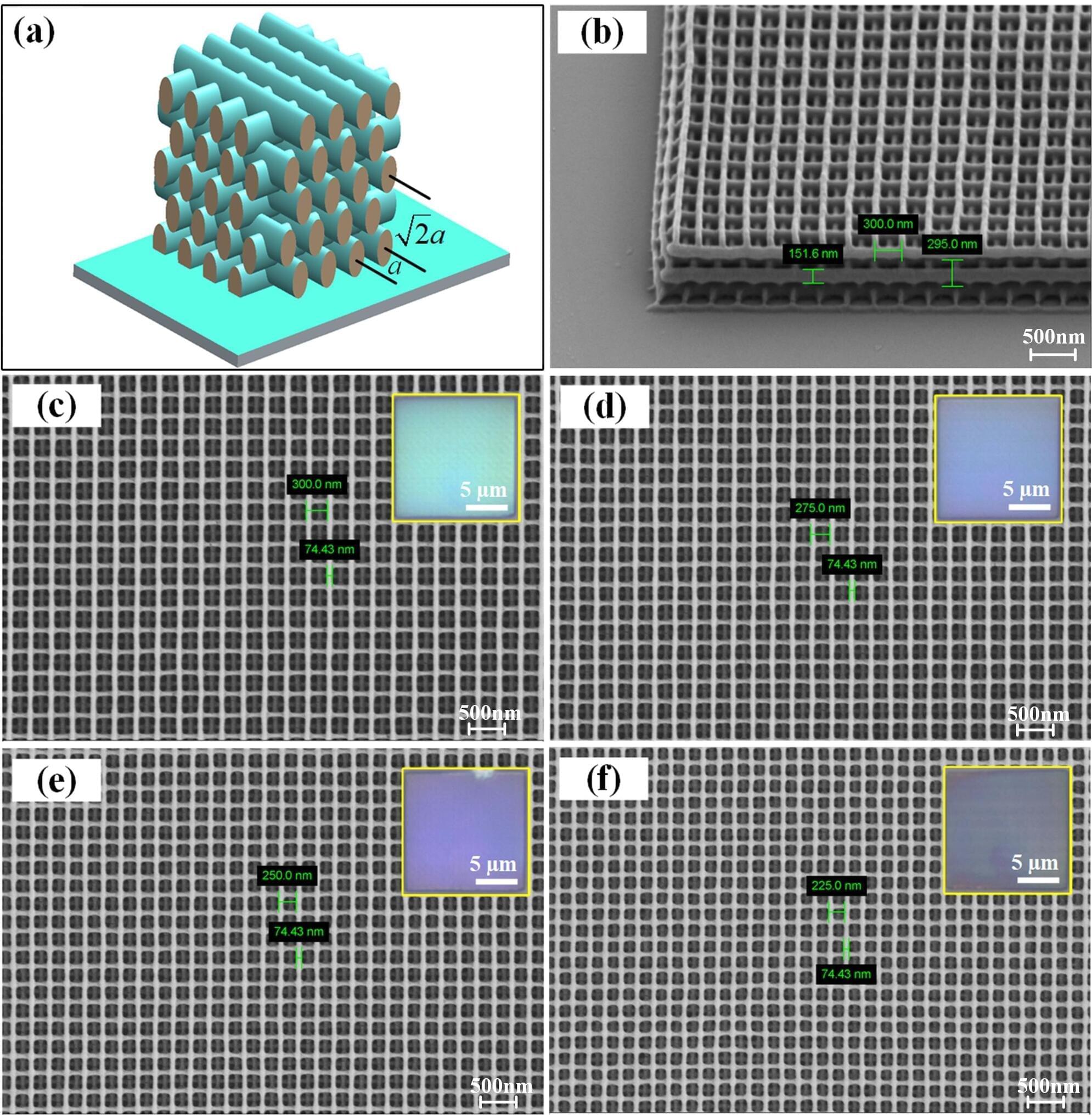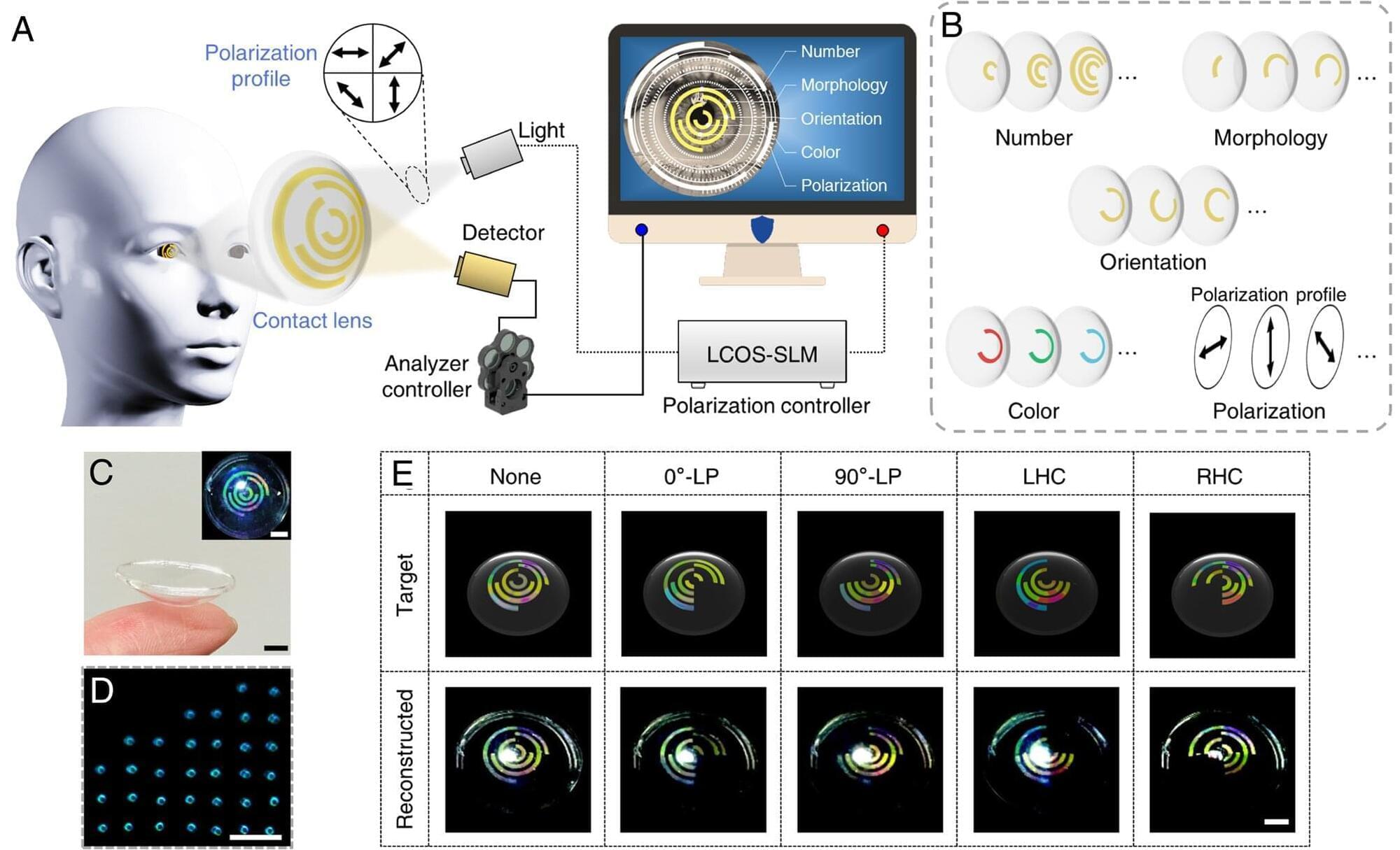Neutron stars are some of the densest objects in the universe. They are the core of a collapsed megastar that went supernova, have a typical radius of 10 km—just slightly more than the altitude of Mt. Everest—and their density can be several times that of atomic nuclei.
Physicists love extreme objects like this because they require them to stretch their theories into new realms and see if they are confirmed or if they break, requiring new thinking and new science.
For the first time, researchers have used lattice quantum chromodynamics to study the interior of neutron stars, obtaining a new maximum bound for the speed of sound inside the star and a better understanding of how pressure, temperature and other properties there relate to one another.
